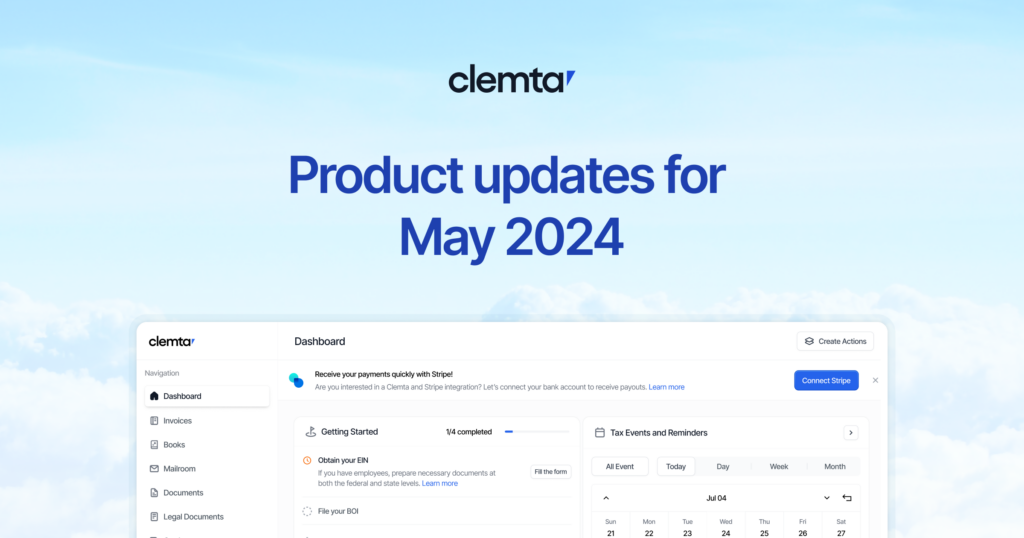Every state has slightly different requirements for corporations. State laws and a corporation’s bylaws will dictate specific meeting requirements for corporations. In general, most corporations are required to have at least one shareholders’ meeting per fiscal year.
Is It Mandatory in The State of Delaware?
Delaware law requires every corporation to hold an annual shareholder meeting at least once every 13 months. The date of the annual meetings of a Delaware C-corp is generally contained in the bylaws of the corporation. A meeting must be held, regardless of the number of shareholders in the corporation.
Considering the successful incorporation of your business, Delaware law mandates that every corporation must hold an initial shareholder meeting. The main business of the initial meeting is to elect a Board of Directors and approve the bylaws. Following this initial meeting, an annual shareholder meeting is typically scheduled just after the end of the fiscal year. This allows for the previous year’s financial performance to be fully assessed and discussed. The timing also facilitates collecting and preparing information on any newly elected officers and directors, which is crucial for the Delaware annual report filing, due by the March 1 deadline.
Steps to Ensure Compliance with Delaware Corporate Meeting Laws
To ensure compliance with Delaware’s corporate meeting requirements, corporations should adequately plan and document their annual meetings. Here are a few steps to consider:
- Review Bylaws Regularly: It’s essential to keep your bylaws up to date and ensure they reflect the legal requirements.
- Schedule Meetings Properly: Plan your meetings to align with fiscal year-end activities to ensure financial discussions are relevant and timely.
- Maintain Accurate Records: Documentation of resolutions, minutes, and official decisions should be meticulously maintained to avoid compliance issues.
Clemta’s Role in Supporting Your Corporate Compliance
Clemta offers a complete consultancy in terms of your incorporation and post-incorporation procedures. You may check our website and the add required services to your cart by one-click, as your first step of incorporation phase. Clemta will handle the rest for you.
For more information and sources please check the links below;
Link is here
Link is here








